Amazon Web Services (AWS) announced Ocelot, a new quantum computing chip that can reduce the costs of implementing quantum error correction by up to 90 per cent, compared to current approaches. Developed by the team at the AWS Centre for Quantum Computing at the California Institute of Technology, Ocelot represents a breakthrough in the pursuit to build fault-tolerant quantum computers capable of solving problems of commercial and scientific importance that are beyond the reach of today’s conventional computers.
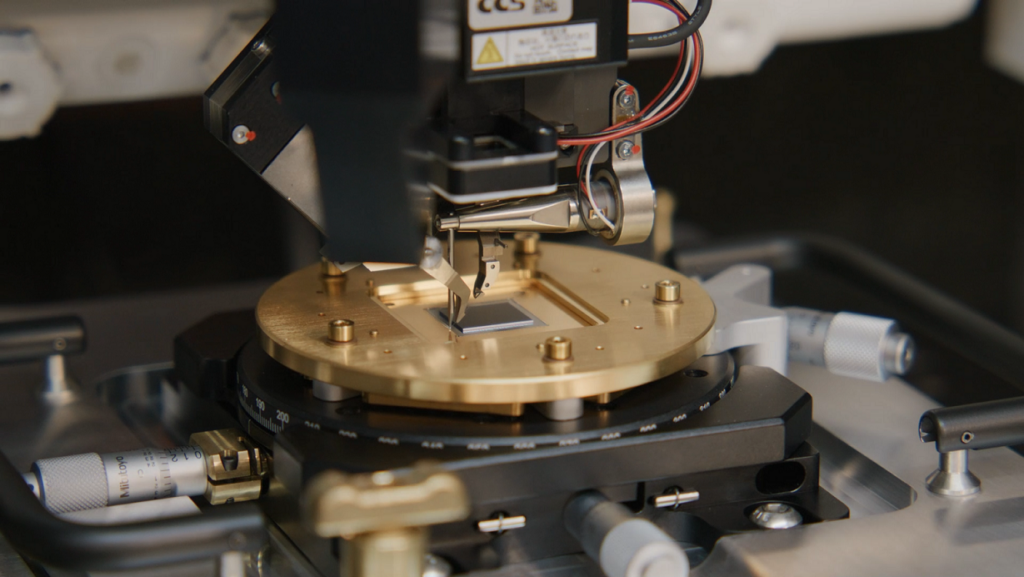
AWS used a novel design for Ocelot’s architecture, building error correction in from the ground up and using the ‘cat qubit’. Cat qubits–named after the famous Schrödinger’s cat thought experiment–intrinsically suppress certain forms of errors, reducing the resources required for quantum error correction. Through this new approach with Ocelot, AWS researchers have, for the first time, combined cat qubit technology and additional quantum error correction components onto a microchip that can be manufactured in a scalable fashion using processes borrowed from the microelectronics industry.
History shows that important advancements in computing have been made by fundamentally rethinking hardware components, as this can have a significant impact on cost, performance, and even the feasibility of a new technology. The computer revolution truly took off when the transistor replaced the vacuum tube, enabling room-sized computers to be shrunk down into today’s compact and much more powerful, reliable, and lower-cost laptops. Choosing the right building block to scale is critical, and today’s announcement represents an important step in developing efficient means to scaling up to practical, fault-tolerant quantum computers.
“With the recent advancements in quantum research, it is no longer a matter of if, but when practical, fault-tolerant quantum computers will be available for real-world applications. Ocelot is an important step on that journey,” said Oskar Painter, AWS director of Quantum Hardware. “In the future, quantum chips built according to the Ocelot architecture could cost as little as one-fifth of current approaches, due to the drastically reduced number of resources required for error correction. Concretely, we believe this will accelerate our timeline to a practical quantum computer by up to five years.”
AWS researchers have published their findings in a peer-reviewed research paper in Nature.
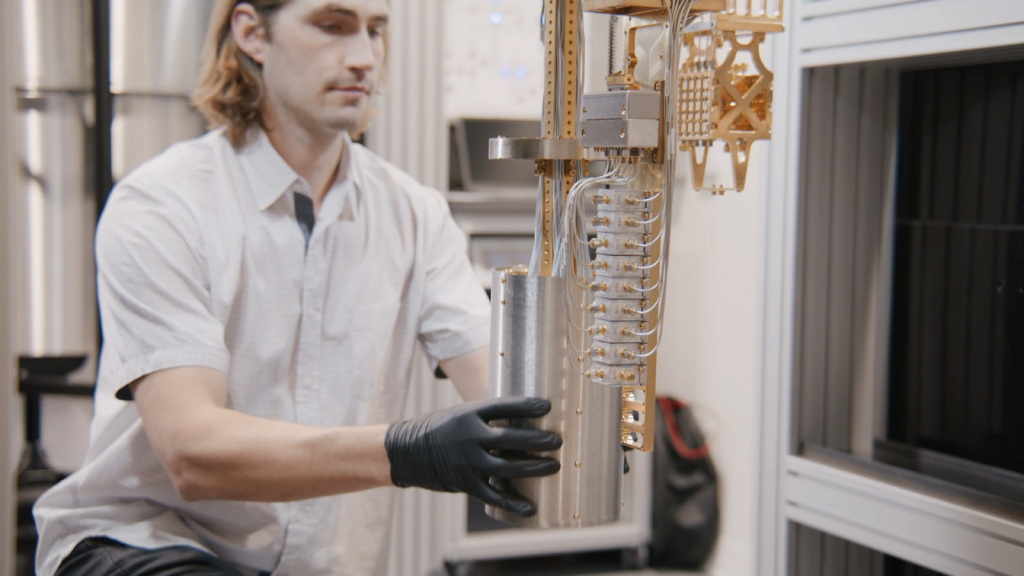
The major challenge with quantum computing:
One of the biggest challenges with quantum computers is that they’re incredibly sensitive to the smallest changes, or ‘noise’ in their environment. Vibrations, heat, electromagnetic interference from cell phones and Wi-Fi networks, or even cosmic rays and radiation from outer space, can all knock qubits out of their quantum state, causing errors in the quantum computation being performed. This has historically made it extremely challenging to build quantum computers that can perform reliable, error-free calculations of any significant complexity. “The biggest challenge isn’t just building more qubits,” said Painter. “It’s making them work reliably.”
To solve this problem, quantum computers rely on quantum error correction that uses special encodings of quantum information across multiple qubits—in the form of ‘logical’ qubits—to shield quantum information from the environment. This also enables the detection and correction of errors as they occur. Unfortunately, given the sheer number of qubits required to get accurate results, current approaches to quantum error correction have come at a huge, and therefore prohibitive, cost.
A new approach to quantum error correction:
To address the current problems associated with quantum error correction, researchers at AWS developed Ocelot. Ocelot was designed from the ground up with error correction “built in.” “We looked at how others were approaching quantum error correction and decided to take a different path,” said Painter. “We didn’t take an existing architecture and then try to incorporate error correction afterwards. We selected our qubit and architecture with quantum error correction as the top requirement. We believe that if we’re going to make practical quantum computers, quantum error correction needs to come first.” In fact, according to Painter, his team estimates that scaling Ocelot to a “fully-fledged quantum computer capable of transformative societal impact would requireas little as one-tenth of the resources associated with standard quantum error correcting approaches.”
One way to think about quantum correction is in the context of quality control in manufacturing, and the difference between needing one inspection point to catch all defects, instead of 10 inspection points. In other words, it offers the same result, but with fewer resources and an overall improved manufacturing process. By reducing the amount of resources needed through approaches such as with Ocelot, quantum computers can be built smaller, more reliably, and at lower cost. All of this accelerates the path to applying quantum computing to future applications in the real-world, such as faster drug discovery and development, the production of new materials, the ability to make more accurate predictions about risk and investment strategies in financial markets, and many more.
Making science fiction science fact:
While today’s announcement is a promising start, Ocelot is still a prototype and AWS is committed to continuing to invest in quantum research and refining its approach. In the same way it took many years of development and learnings of running x86 systems (a widely used computer architecture for central processing units) reliably and securely at scale to build Graviton into one of the leading chips in the cloud, AWS is taking a similar approach to quantum computing. “We’re just getting started and we believe we have several more stages of scaling to go through,” said Painter. “It’s a very tough problem to tackle, and we will need to continue investing in basic research, while staying connected to, and learning from, important work being done in academia. Right now, our task is to keep innovating across the quantum computing stack, to keep examining whether we’re using the right architecture, and to incorporate these learnings into our engineering efforts. It’s a flywheel of continuous improvement and scaling.”
How to get started with quantum computing:
Customers can get started exploring quantum computing today with Amazon Braket on AWS. Amazon Braket is a full-managed quantum computing service that allows scientists, developers, and students to work with a range of third-party quantum computing hardware, high-performance simulators, and a suite of software tools that make it easy to get started in quantum computing.
Ocelot: Fast facts
- Ocelot is a prototype quantum computing chip, designed to test the effectiveness of AWS’s quantum error correction architecture.
- It consists of two integrated silicon microchips. Each chip has an area of roughly 1cm2. They are bonded one on top of the other in an electrically-connected chip stack.
- On the surface of each silicon microchip are thin layers of superconducting materials that form the quantum circuit elements.
- The Ocelot chip is composed of 14 core components: five data qubits (the cat qubits), five ‘buffer circuits’ for stabilizing the data qubits, and four additional qubits for detecting errors on the data qubits.
- The cat qubits store the quantum states used for computation. To do so, they rely on components called oscillators, which generate a repetitive electrical signal with steady timing.
- Ocelot’s high-quality oscillators are made from a thin film of superconducting material called Tantalum. AWS material scientists have developed a specific way of processing Tantalum on the silicon chip to boost oscillator performance.
How do quantum computers work?
Quantum computers have the potential to drive major advances in society and technology, from cryptography to engineering novel materials. The main difference between the conventional or ‘classical’ computers we use today, and quantum computers, is that classical computers use bits—usually represented as a digital value of 1 or 0 —as their most basic unit of information. But quantum computers use quantum bits, or ‘qubits’—usually elementary particles such as electrons or photons—to make calculations. Scientists can apply precisely timed and tuned electromagnetic pulses to manipulate what’s called the ‘quantum state’ of the qubit, where it can be both 1 and 0 at the same time. This mind-bending behavior, when performed across many qubits, allows a quantum computer to solve some important problems exponentially faster than a classical computer ever could.

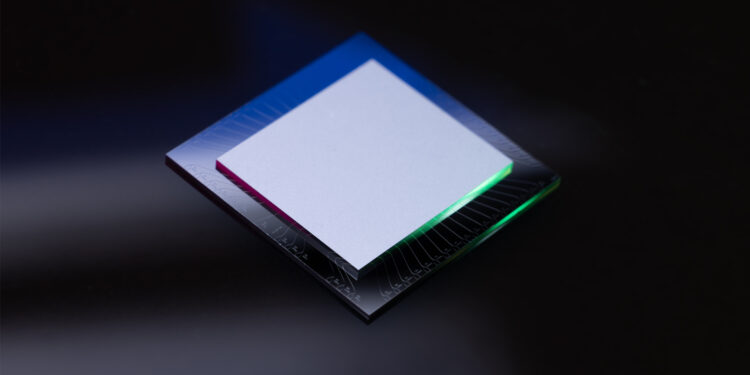
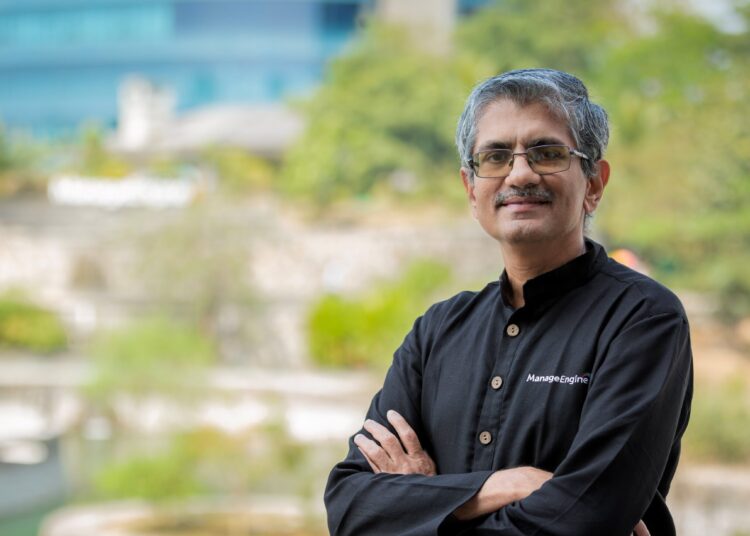
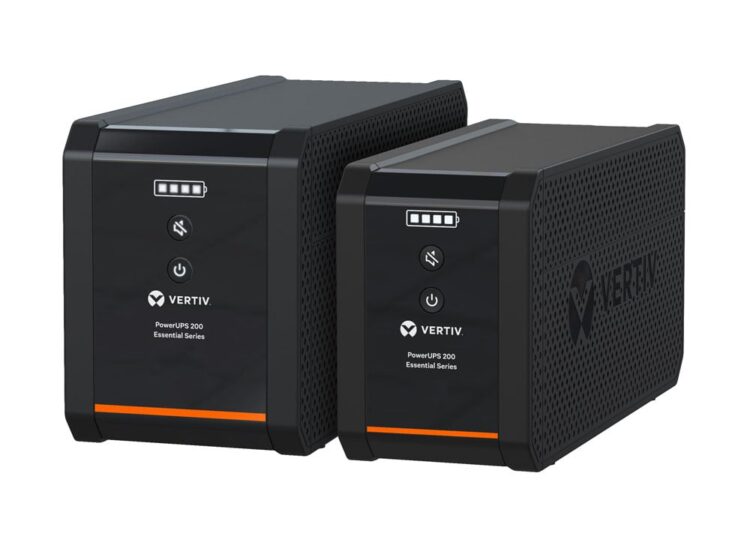
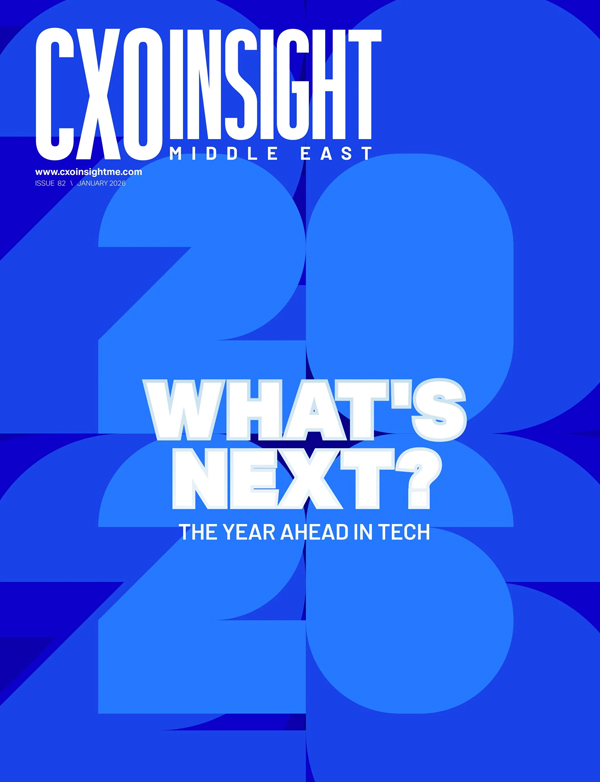





Discussion about this post